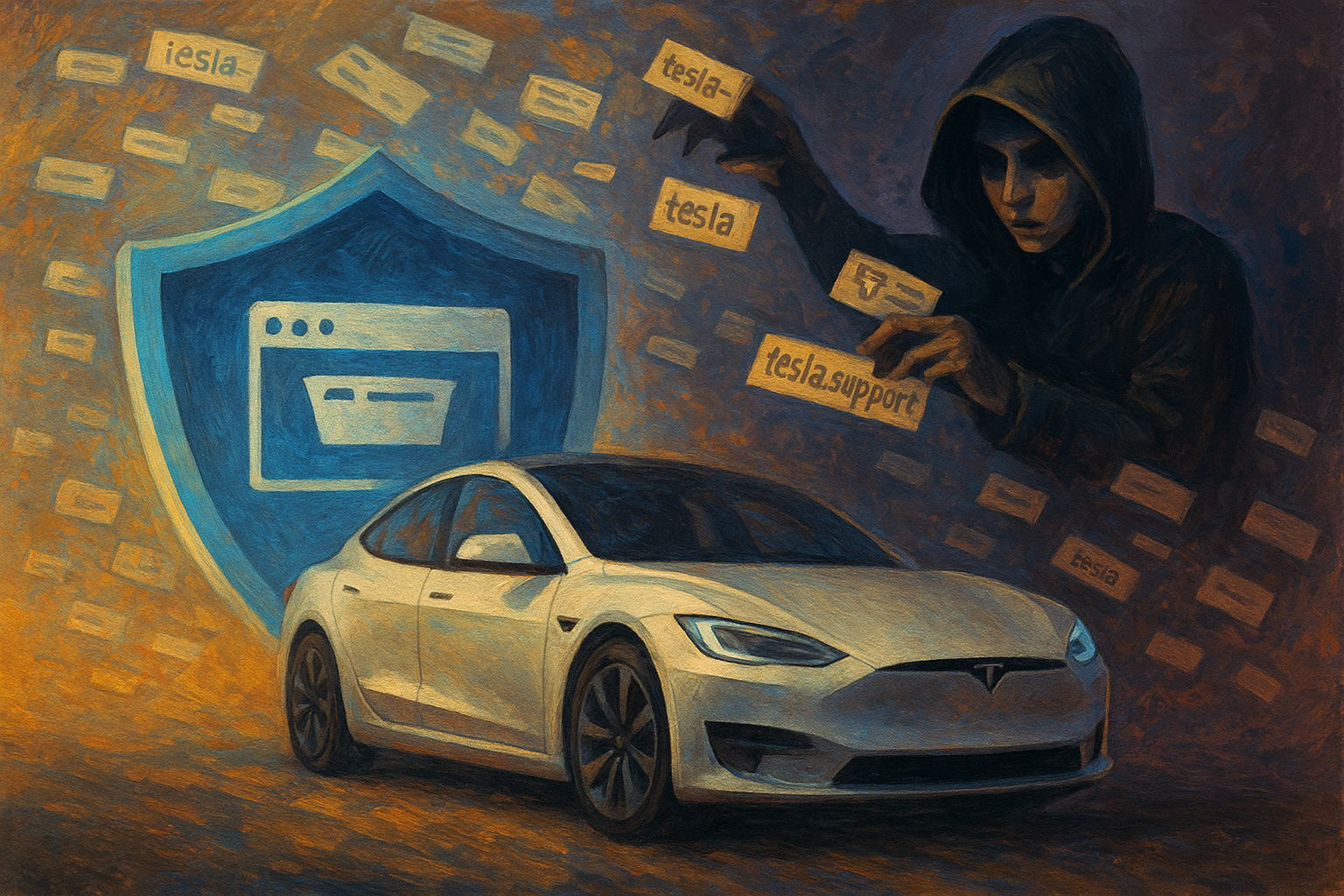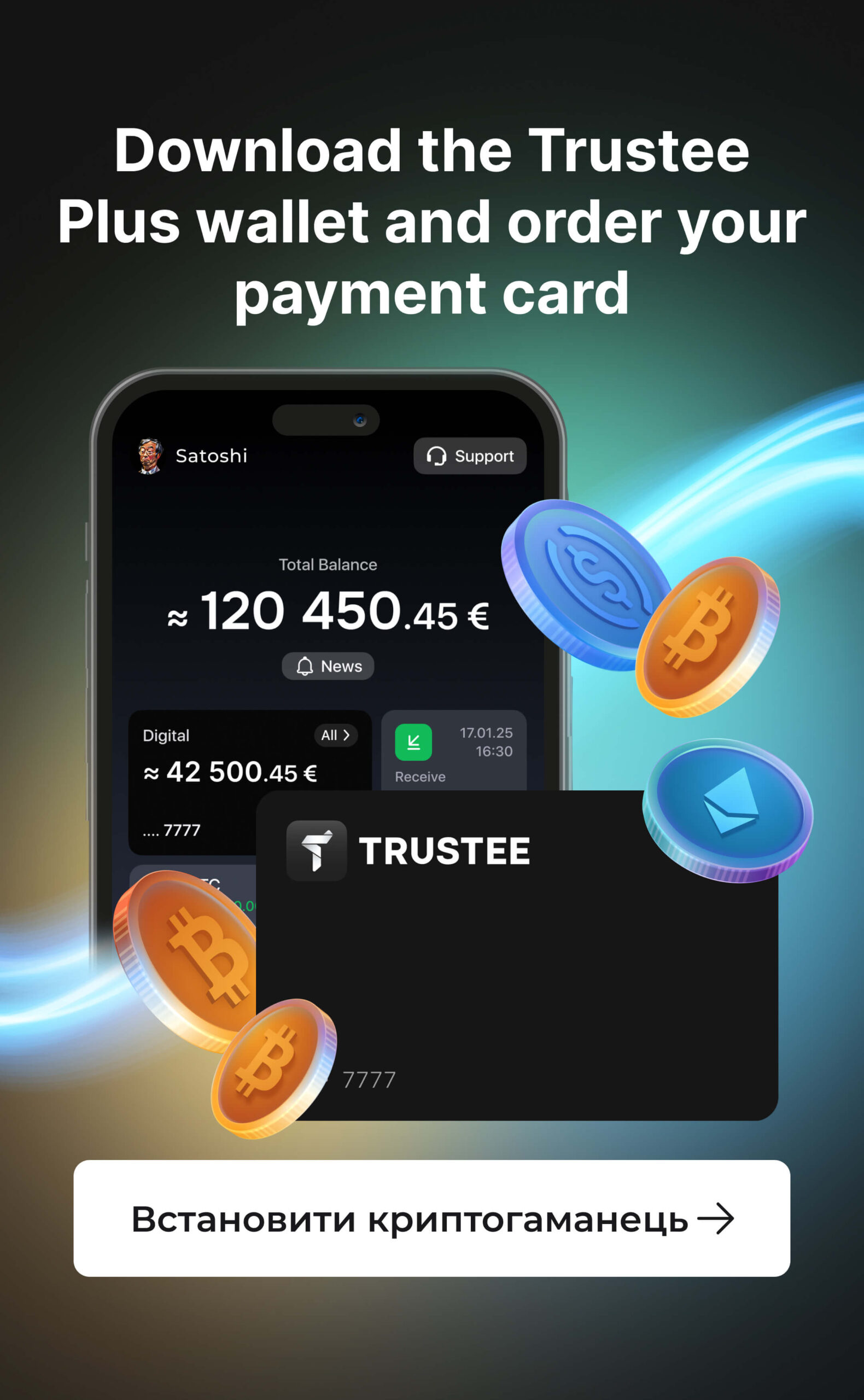Tesla seized 52 fraudulent domains from Russian scammer

Tesla has won a dispute over the transfer of 52 phishing domains previously used in fraudulent schemes. The decision was made by the World Intellectual Property Organization (WIPO) on May 27, transferring the addresses from Russian Ekaterina Tkachenko to the electric car manufacturer.
The domains mimicked official Tesla resources and included mentions of “bitcoin,” “bonuses,” Musk, Trump and other popular topics. The sites included photos of Ilon Musk and false promises to double the investment – on condition of sending cryptocurrency to a specified address.
WIPO expert William A. Van Kaeneghem recognized that the domains infringed trademark rights and were used for fraudulent purposes. He pointed out that Tkachenko’s actions were in bad faith, which was the basis for their transfer to Tesla.
At the time the complaint was filed, antivirus had already blocked almost all of these sites. However, the damage from such schemes can be significant: earlier, the United States imposed sanctions against a company from the Philippines that massively sold domains to crypto-fraudsters. The total losses of victims in the States exceeded $200 million.
As in the Tkachenko case, such domains change quickly, making it difficult to combat phishing. WIPO’s decision may set a precedent for other companies fighting this type of online fraud.




